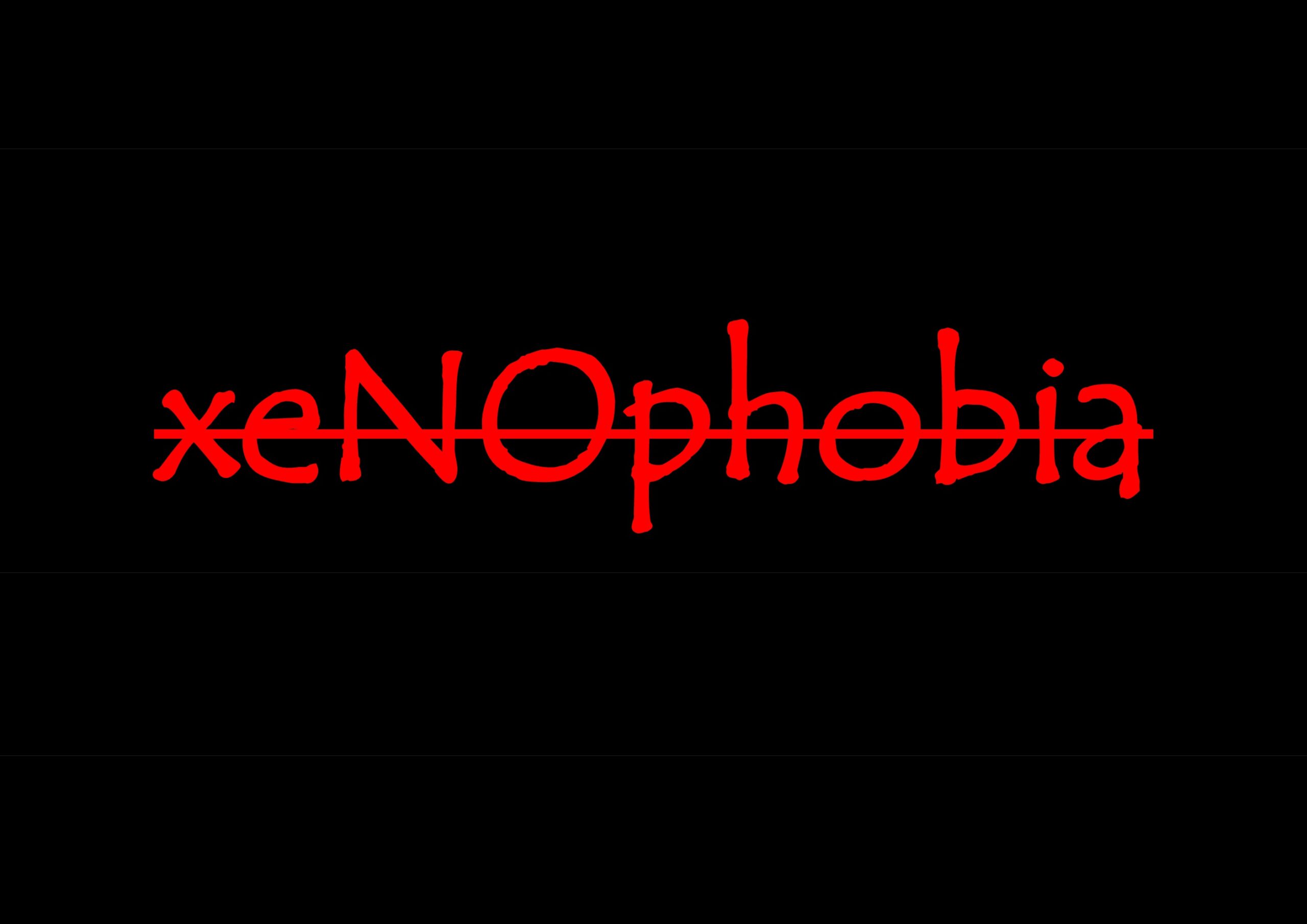It’s a vicious cycle of hate
A headline from today’s paper reads, ‘South Africa migrant attacks: ‘Why can’t we live with peace?’ Then another reads, ‘Anger in Nigeria as South Africa xenophobic attacks spark looting.’ As the chaos continues to unfold, more violence only begets the very thing it seeks to destroy.
In Shona proverbial lore and wisdom, is a word to the wise. The following are 10 tsumo on friendship and enmity. Each of the proverbs is given together with an explanation and its application in the current xenophobic madness.
1. Kudya kakara/ kanyama kanopakatira pamazino.
If you eat a (small) wild animal, a shred of meat may stick between the teeth.
When people fight, the defeated party could also leave a mark on the victor. This would not be the desired outcome for the victor, who would rather walk away unscathed. The proverb condemns all violence because both parties end up losers.
While South Africans could succeed in driving out other nationals, they too will lose out somehow. People and businesses from other nations have begun to retaliate and relations have been strained.
2. Mharadzano dzakabva munzira.
Side paths branched off from the main path.
This proverb cautions people to be careful in their choice of words. Many times, unending disputes are a result of careless words and remarks.
Following the rioting and violence in South Africa, people have shared their opinions and aired their views on social media platforms. In some cases, some have issued careless statements that have irked others. While statements of apology could be issued to retract careless remarks, what’s said is said. It is, therefore, better to control one’s tongue so that friendship and good relations are preserved.

3. Tsvaru akadana tiu.
A light stroke invited a heavy blow.
A light provocation may result in a big clash. The violence and all the chaos that erupted in South Africa could be termed extreme, rather than light provocation. While there is no justification for the perpetuation of violence, other nationals from Africa responded to the provocation with boycotts and even more violence. This has resulted in diplomatic tensions between South Africa and other African states, which is quite a big blow for South Africa.
4. Chinokanganwa idemo/ chitsiga hachikanganwe.
The axe forgets but the (cut) log does not.
People often remember the wrongs done to them, more than they remember the pain they inflicted on others. When people hold on to the hurt that was caused to them, they could one day bring up the matter when the offender has completely forgotten. Sometimes the offended person exacts revenge, and his actions are judged as senseless and baseless, simply because the offender has forgotten.
5. Potsi haarwirwi/ tinorwira piri.
One cannot fight after being wronged for the first time or after just one incident. However, a second time could arouse a fight.
This proverb is quoted when, after apologising and pleading for mercy, a first-time offender is forgiven. However, leniency is not shown when the offender repeats the mistake.
South Africa is no stranger to xenophobia. It is reported that in 2008, more than 60 foreign nationals were killed in a wave of attacks. Now in 2019, another outbreak of violence against non-South Africans has happened. Could it be that these people acted with the knowledge that there would be no consequences for their actions?
6. (Mombe) Dzafura churu chimwe/ dzave zivani.
Those (cattle) that have grazed on the same ant-hill are now acquainted.
It is said an experience once shared unites people ever after, and the proverb is often quoted with a handshake. It is definitely always wise to respect those we interact with at any point in our lives. In a time of need, it could be that one person, from that one experience, who will come to your rescue.

7. Kugara/ hunzwana (navamwe).
In order to get settled (at a place) one should be on good terms with the neighbours.
This proverb speaks to the spirit of community. If every member of a community treats the others with respect and abides by the accepted code, this will make for a comfortable environment for each one.
I am reminded of a woman whose house was robbed one afternoon while she was out. Although neighbors had noticed unusual activities at her house, none of them had bothered to investigate. She had earned a reputation as being arrogant and condescending.
8. Harahwa mbiri hadziurayani.
Two old men won’t kill each other.
People who share the same fate are hardly at loggerheads, because they depend on each other for survival.
Some studies have shown that around a third of foreign nationals in South Africa are employed in the informal sector. They do not own land, neither do they have access to the means of production or capital. Having left their home countries so as to secure life’s basic necessities, they are no better than the frustrated South Africans. The xenophobes realise none of this.
9. Maronda asiri ako/ anonhuwa.
Wounds other than yours stink.
Every person is capable of seeing the defects of others, but not everyone can see his own. This proverb is quoted in reference to someone who is quick to judge others for something he would do himself. After pointing out the defects of others, it would be wise for one to equally examine his own standing.
10. Kuvengana hakupi chiro/ nyama inodyiwa yaswera pamoto.
Hatred brings no reward. Meat is eaten after cooking for the whole day.
When people don’t get along and harbour hatred, there is very little progress in a community. Where disagreements and fights arise, people should take the time to talk matters through and iron out their differences. Sometimes reconciliation is a process that requires patience.

A Word to the wise. Violence is far from trying to solve a problem.
Reference :Hamutyinei & Plangger, Tsumo – Shumo, 1987, Mambo Press, 2nd edition

